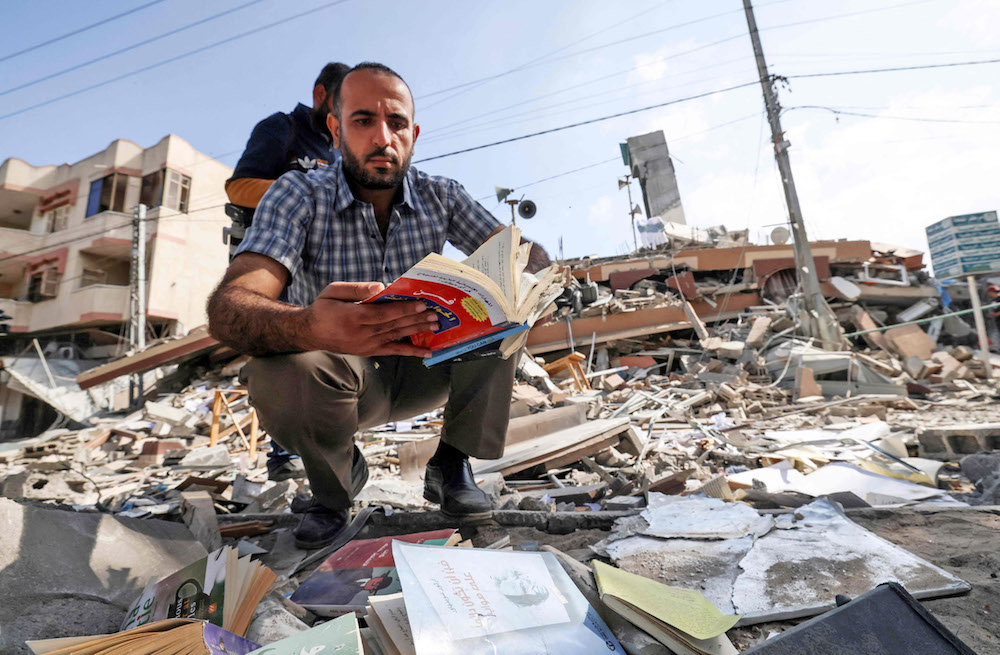Italy is a ‘strategic partner,’ says interim Libyan leader
ROME: The chairman of the Libyan Presidential Council, Mohamed Younes Menfi, considers Italy “a strategic partner for Libya.” During a meeting with Italian Prime Minister Mario Draghi in Rome on Tuesday he also stressed “the importance of partnership and cooperation” with the European nation, according to Italian sources.
Menfi also had a lengthy meeting with Italian President Sergio Mattarella. His visit to the Italian capital, his first official trip to another country since he was appointed in March, came on the eve of the second Berlin Conference on Libya.
German diplomatic sources told Arab News that the main points of final declaration by the conference about the continuing political process should include a call for the immediate withdrawal of foreign mercenaries from Libya, and strong encouragement to Libyan authorities to play their part in ensuring that democratic elections take place in the country by Dec. 24 as scheduled.
According to a press release issued by the Libyan Presidential Council following Menfi’s meeting with Draghi, the Italian prime minister “reaffirmed his country’s support for the political transition in Libya and to the work of the Presidential Council,” and praised the results achieved so far.
Italian sources said that an agreement was reached for greater coordination in matters related to security and to the prevention of illegal immigration from Libya, and Italy has offered to provide further support to help secure Libya’s borders.
The Italian Coast Guard has said that Libya is the main point of departure in North Africa for migrants attempting to reach Italy on often fragile vessels.

EU threatens sanctions over Libya political gridlock



